Male infertility is a significant contributor to infertility issues in couples, accounting for nearly 40–50% of all cases. Despite its prevalence, it often remains misunderstood and overlooked due to societal stigma and lack of awareness. At Ferticore IVF Centre, we aim to provide comprehensive guidance and support for couples struggling with infertility. In this blog, we’ll explore the evaluation process for male infertility, shedding light on its causes, diagnostic methods, and potential solutions.
What Is Male Infertility?
Male infertility refers to a man's inability to achieve conception after one year of regular, unprotected intercourse. It can result from various factors, including low sperm count, poor sperm quality, hormonal imbalances, or structural abnormalities in the reproductive system. Early diagnosis and intervention are key to addressing the issue effectively.
Common Causes of Male Infertility
Several factors can impact male fertility. These include:
1. Sperm Production Issues:
• Low sperm count (oligospermia)
• Poor sperm motility (asthenozoospermia)
• Abnormal sperm shape (teratozoospermia)
2. Hormonal Imbalances:
• Low testosterone levels
•Disorders in the hypothalamic-pituitary axis
3. Physical Abnormalities:
• Varicocele (enlarged veins in the scrotum)
• Undescended testicles
•Blockages in the reproductive tract
4. Lifestyle Factors:
• Smoking, excessive alcohol consumption, and drug use
• Obesity and poor diet
• Prolonged exposure to heat or radiation
5. Medical Conditions:
• Infections such as mumps or sexually transmitted diseases (STDs)
• Autoimmune disorders
• Genetic abnormalities like Klinefelter syndrome
How Is Male Infertility Evaluated?
Assessing male infertility requires a systematic approach to identify the underlying cause. At Ferticore IVF Centre, we follow a patient-centric and confidential process to ensure accurate diagnosis and effective treatment.
1.Medical History and Physical Examination
A detailed medical history helps identify potential risk factors such as previous illnesses, surgeries, medications, or lifestyle habits A physical exam examines the reproductive organs for any abnormalities
2. Semen Analysis
Semen analysis is a key test in diagnosing male infertility.The sample is evaluated for:
• Sperm count: Total number of sperm in the ejaculate
• Motility: Percentage of active, moving sperm
• Morphology: Refers to the shape and structure of sperm.
• Volume and pH: To assess seminal fluid quality
3. Hormonal Testing
Blood tests assess hormone levels such as testosterone, follicle-stimulating hormone (FSH), and luteinizing hormone (LH).Unusual levels may suggest problems with sperm production or overall reproductive health.
4. Imaging Studies
Ultrasound or specialized imaging techniques like scrotal ultrasound and testicular biopsy help detect structural abnormalities or obstructions.
5. Genetic Testing
In cases of unexplained infertility or low sperm production, genetic testing can reveal chromosomal abnormalities or genetic mutations affecting fertility
Treatment Options for Male Infertility
Various treatment options can be considered depending on the diagnosis:
1. Lifestyle Changes:
• Adopting a healthier diet
• Reducing stress
• Quitting smoking and alcohol
2. Medications:
Hormone therapy or medications to treat infections and improve sperm production.
3. Surgical Interventions:
• Correcting varicocele
• Repairing blockages in the reproductive tract
4. Assisted Reproductive Techniques (ART):
• Intrauterine Insemination (IUI): Directly inserting sperm into the uterus.
• In Vitro Fertilization (IVF): Fertilizing an egg outside the body and implanting it into the uterus.
• Intracytoplasmic Sperm Injection (ICSI): Injecting a single sperm into an egg to aid fertilization
Why Choose Ferticore IVF Centre?
At Ferticore IVF Centre, we pride ourselves on our advanced diagnostic techniques and personalized treatment plans. Our experienced team of specialists is dedicated to offering compassionate care in a confidential and supportive environment. We employ state-of-the-art technologies like ICSI and IVF to address even the most complex cases of male infertility.
Conclusion
Male infertility is a common yet treatable condition Timely assessment and intervention can greatly enhance the likelihood of conception. At Ferticore IVF Centre, we are committed to helping couples achieve their dream of parenthood through our expert guidance and cutting-edge treatments.
If you or your partner are facing fertility challenges, don’t hesitate to consult with our specialists. Together, we can take the steps toward your parenthood goals. Contact Ferticore IVF Centre today and take the first step toward building your family!
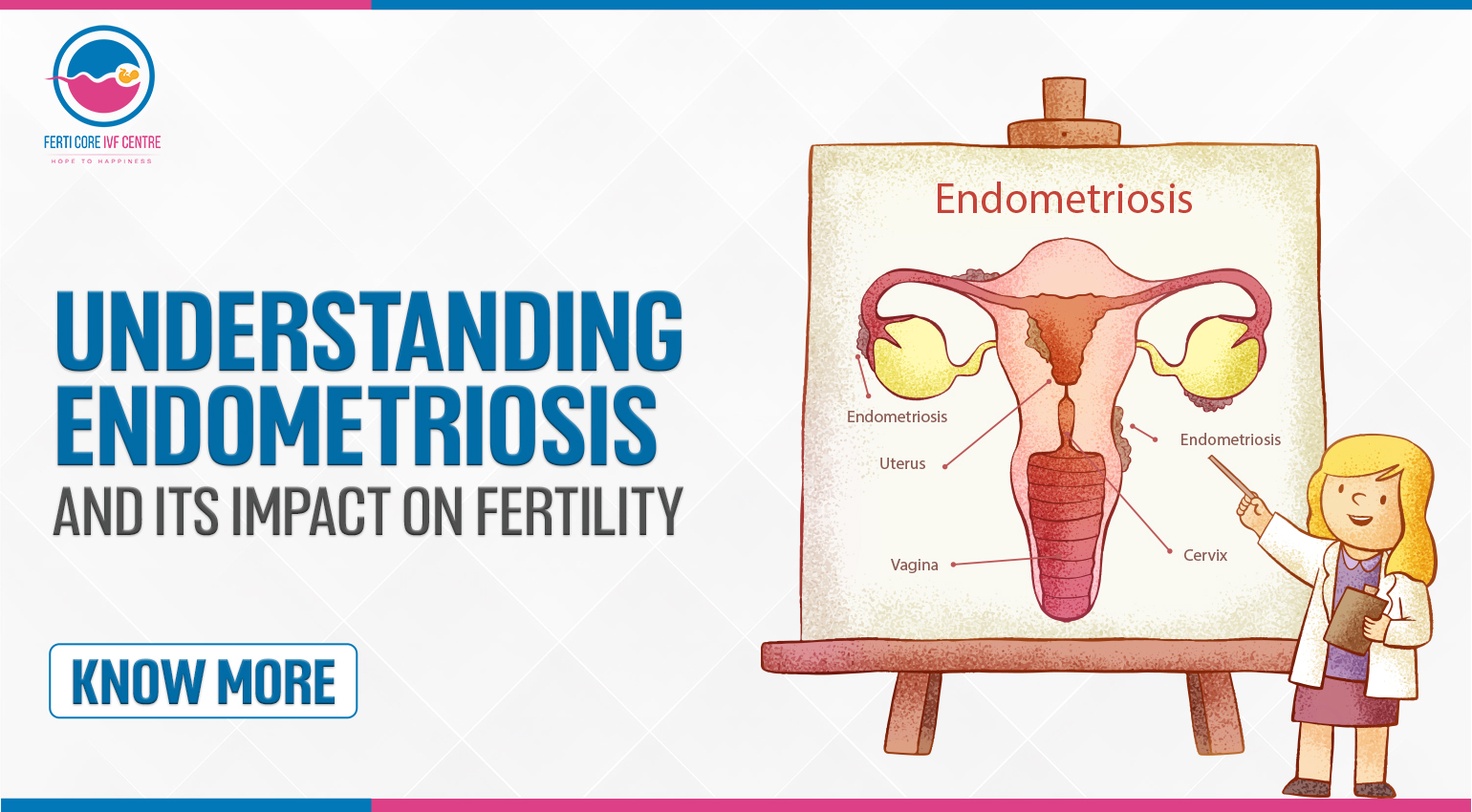 Understanding Endometriosis and its Impact on Fertility
Understanding Endometriosis and its Impact on Fertility
 10 Best Foods That Can Enhance IVF Success and Boost Fertility Naturally
10 Best Foods That Can Enhance IVF Success and Boost Fertility Naturally
 Navigating the IVF Journey: A Step-by-Step Guide
Navigating the IVF Journey: A Step-by-Step Guide
 Personalized Care in IVF: Tailoring Treatments for Individual Needs
Personalized Care in IVF: Tailoring Treatments for Individual Needs
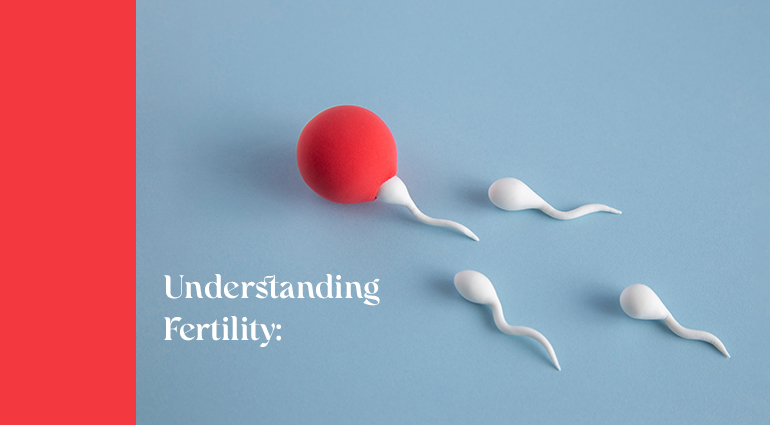 Understanding Fertility: Common Causes and Treatments
Understanding Fertility: Common Causes and Treatments
 Things You Must Know About Intrauterine Insemination (IUI) Treatment- Ferticore IVF centre
Things You Must Know About Intrauterine Insemination (IUI) Treatment- Ferticore IVF centre
 Everything You Need To Know about Laparoscopy Surgery at Ferticore IVF Centre
Everything You Need To Know about Laparoscopy Surgery at Ferticore IVF Centre
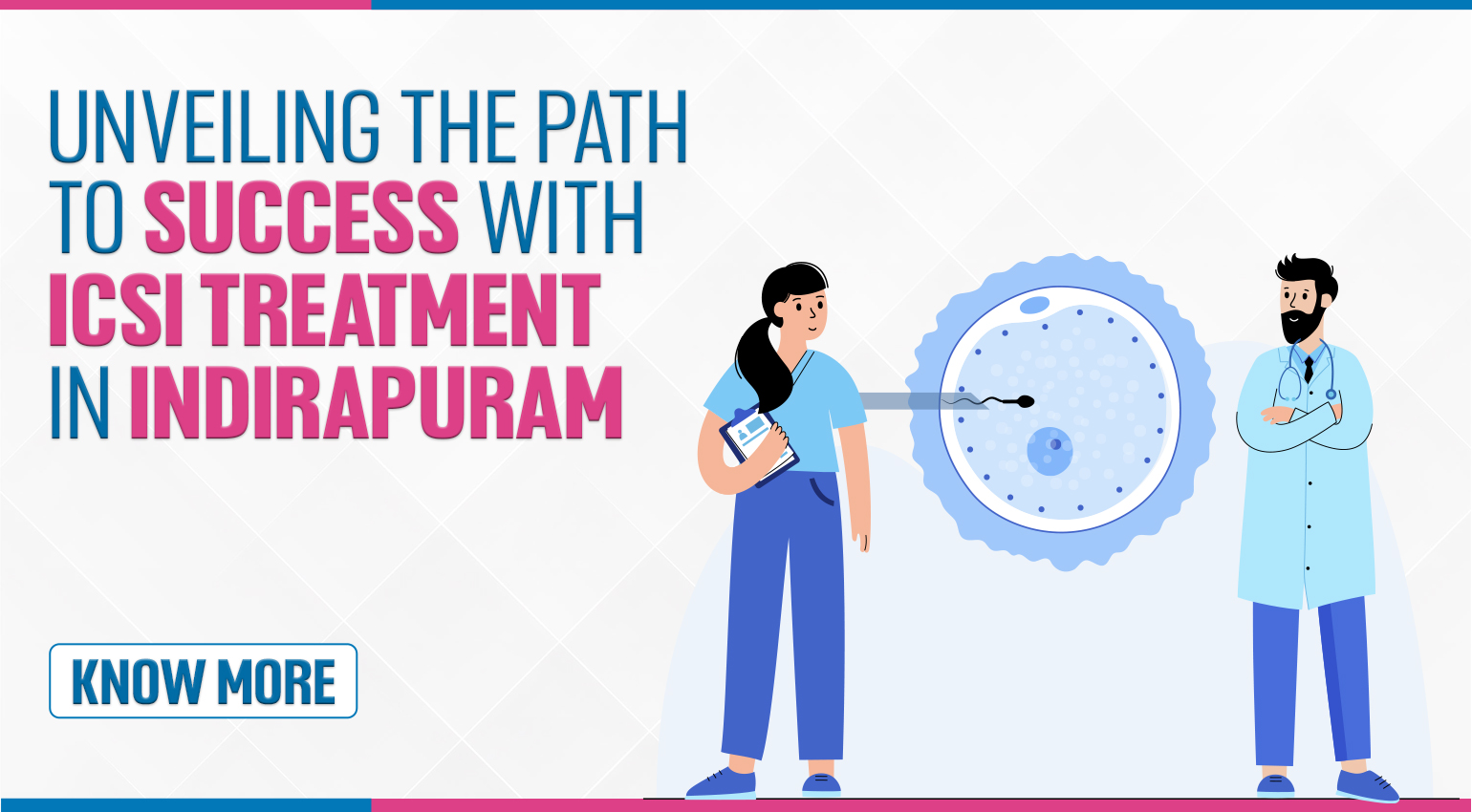 Unveiling the Path to Success with ICSI Treatment in Indirapuram - Ferticore IVF Centre
Unveiling the Path to Success with ICSI Treatment in Indirapuram - Ferticore IVF Centre
 10 Key Questions to Ask Your Fertility Specialist About IVF at Ferticore IVF Center
10 Key Questions to Ask Your Fertility Specialist About IVF at Ferticore IVF Center
 A Comprehensive Overview of Follicular Monitoring Procedure and Success Rates at Ferticore IVF Centre
A Comprehensive Overview of Follicular Monitoring Procedure and Success Rates at Ferticore IVF Centre
 Everything You Need to Know About Evaluation of Male Infertility
Everything You Need to Know About Evaluation of Male Infertility
 Understanding the Connection between Stress and Infertility
Understanding the Connection between Stress and Infertility
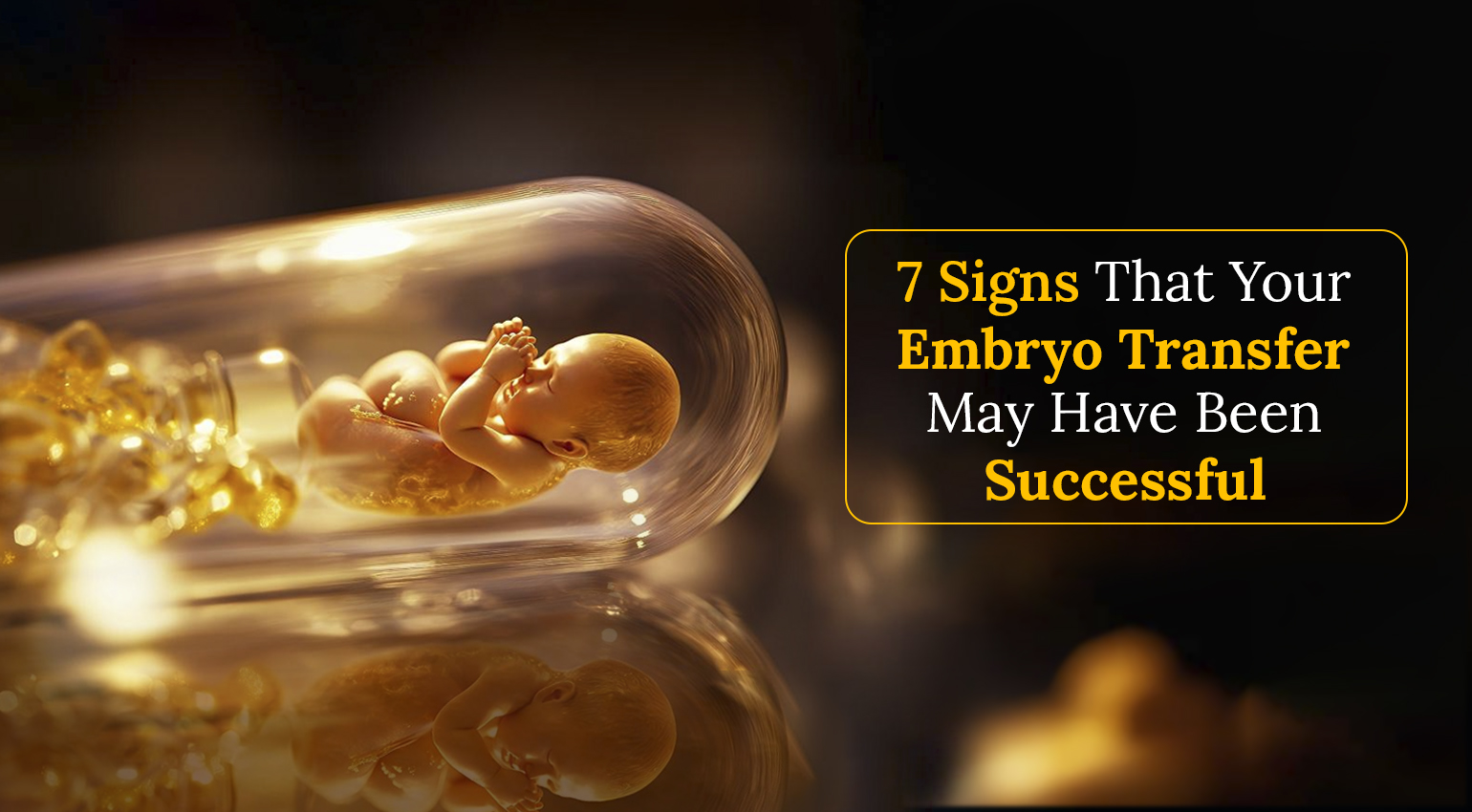 7 Signs That Your Embryo Transfer May Have Been Successful
7 Signs That Your Embryo Transfer May Have Been Successful
 All You Need to Know About Preserving Female Fertility
All You Need to Know About Preserving Female Fertility
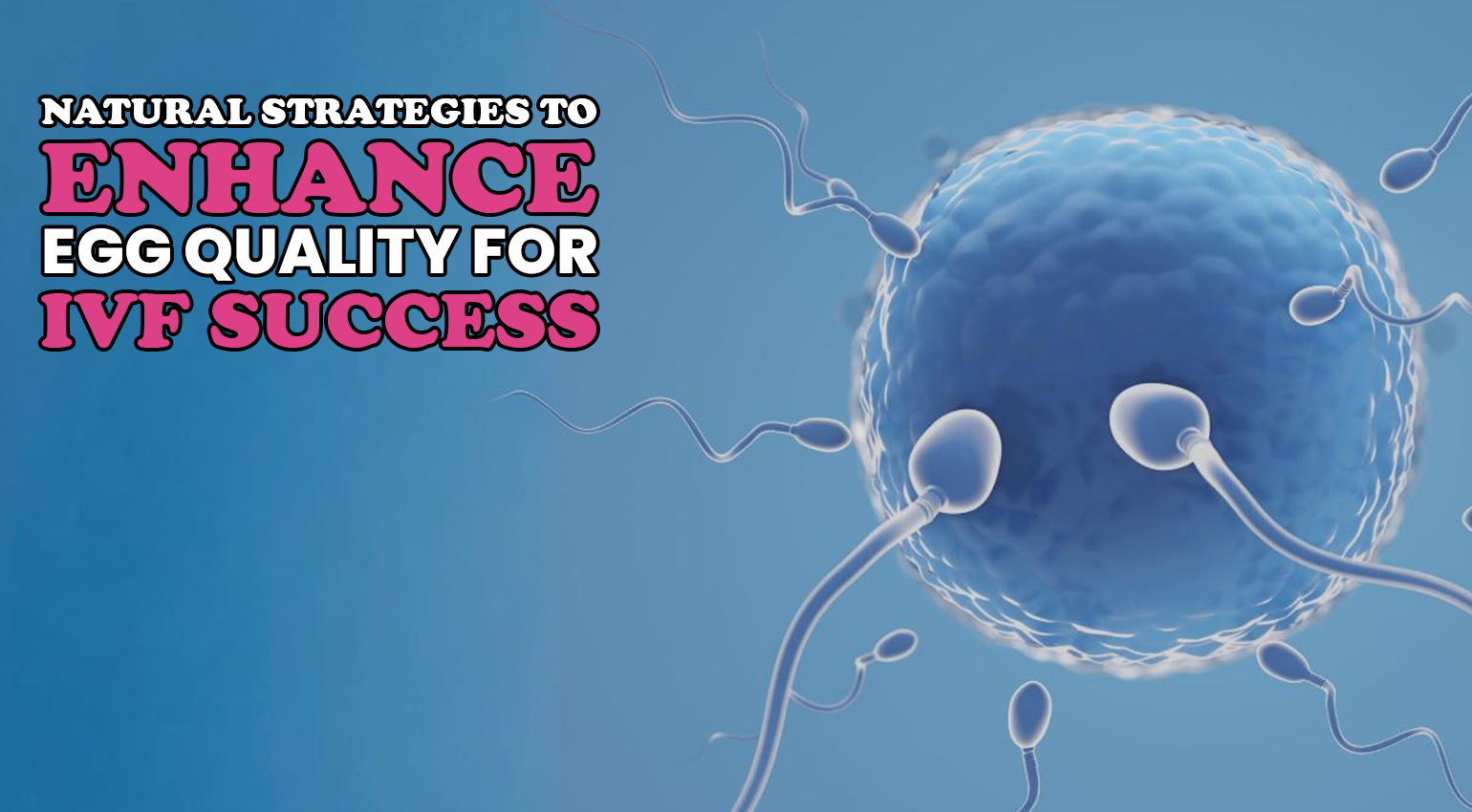 Natural Strategies to Enhance Egg Quality for IVF Success - Ferticore IVF Centre
Natural Strategies to Enhance Egg Quality for IVF Success - Ferticore IVF Centre
Copyright © 2024 . Designed By Wafi Media Marketing Solutions Pvt. Ltd.